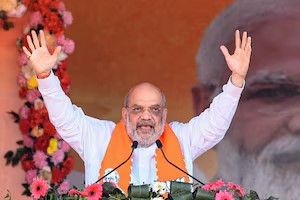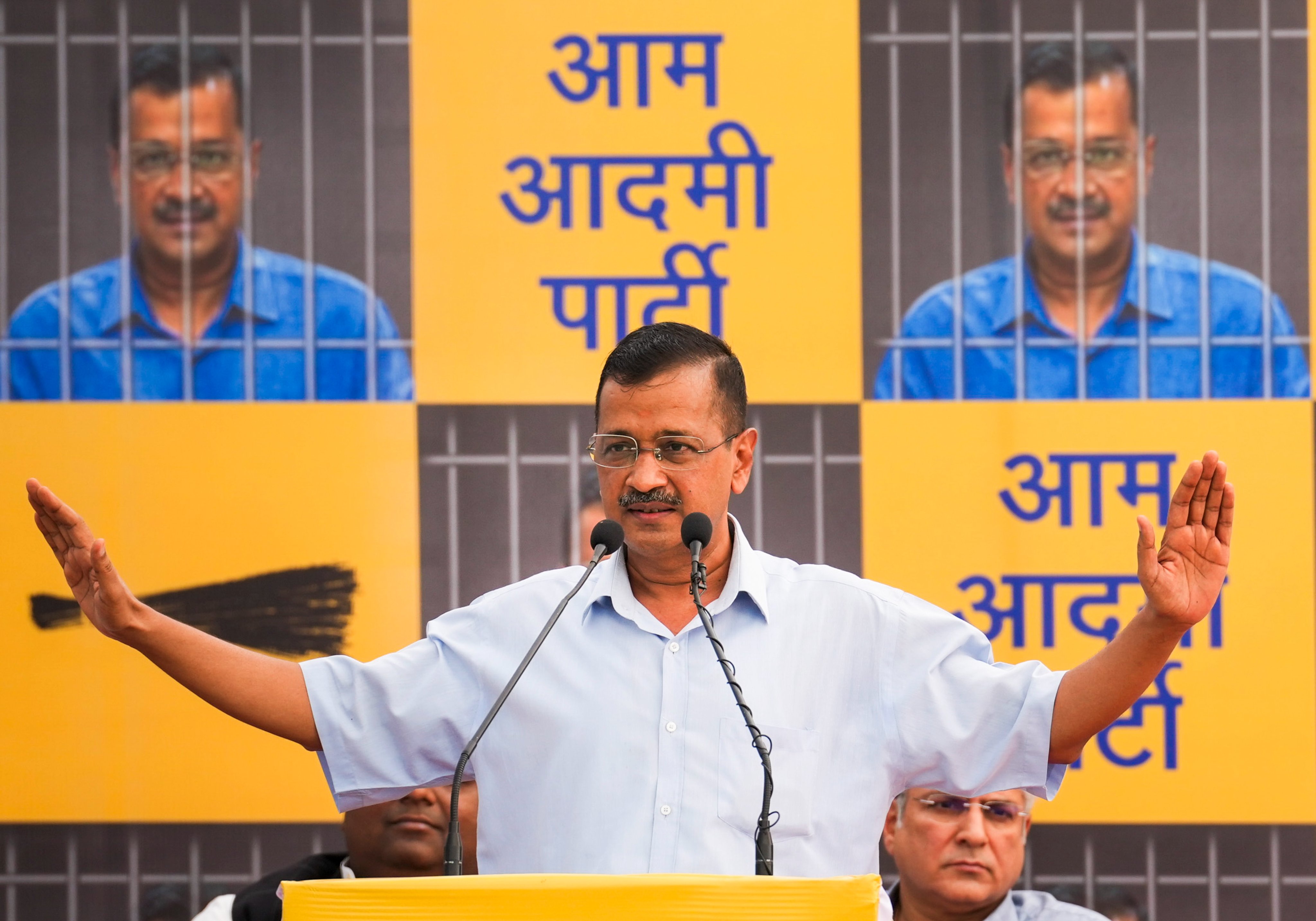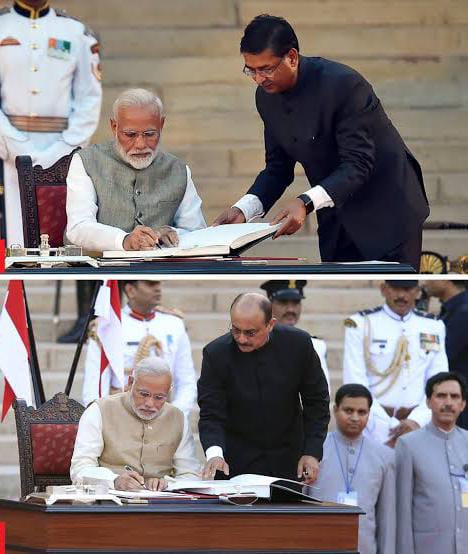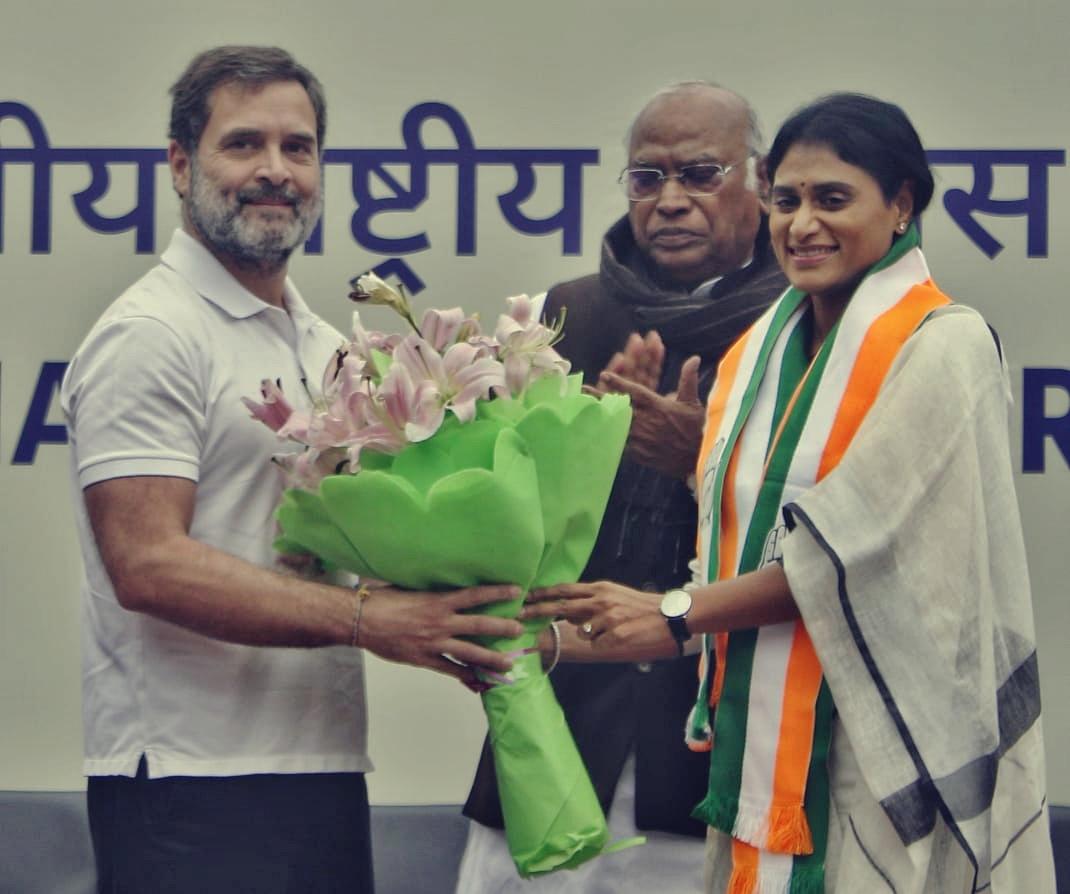Amidst the ongoing political uproar surrounding the Citizenship Amendment Act (CAA), a cohort of Muslim influencers has stepped forward to express their support for the legislation. Dr. Feroz Bakht Ahmed, former chancellor of Maulana Azad National Urdu University (MAANU), emphasized that there is no substantive reason for the Muslim community to engage in debates or protests regarding the CAA, as it does not directly pertain to them.
 “While various media outlets are engrossed in debating the CAA, creating an impression of controversy, there is, in fact, no ground for debate. What is required are discussions aimed at elucidating that this law is designed to confer rights rather than strip them away”.
“While various media outlets are engrossed in debating the CAA, creating an impression of controversy, there is, in fact, no ground for debate. What is required are discussions aimed at elucidating that this law is designed to confer rights rather than strip them away”.
The CAA seeks to amend the Citizenship Act of 1955 to grant Indian citizenship to migrants from Afghanistan, Bangladesh, and Pakistan belonging to Hindu, Sikh, Jain, Parsi, Buddhist, and Christian communities, who entered India on or before December 31, 2014, due to religious persecution in their home countries.
Addressing concerns about the potential implementation of the National Register of Citizens (NRC), Dr Ahmed remarked, “Whether the NRC is enforced today or tomorrow is inconsequential. Why should an Indian Muslim, who has contributed and sacrificed for this nation, harbour apprehensions? Numerous Islamic nations, including Pakistan, have implemented the NRC… Only illegal immigrants need to worry about it.”
In response to statements made by figures like Mamata Banerjee and Asaduddin Owaisi, suggesting that the CAA serves as a prelude to the NRC, Dr Ahmed refuted such assertions, labelling them as political manoeuvres aimed at garnering Muslim votes.
West Bengal Chief Minister Mamata Banerjee faced accusations of fearmongering from BJP leaders after she asserted, “The moment you apply under CAA, your citizenship will be taken away. What will happen to your property? They will take you to detention camps.”
Dr. Imam Muer Ahmed Ilyasi, chairman of the All India Imam Organization, condemned these statements as political tactics to sway Muslim voters. “Many politicians have historically misled the public by portraying the CAA as detrimental to Muslim interests. However, in reality, the CAA solely pertains to minorities from Pakistan and Afghanistan. India has always offered refuge to persecuted individuals. This law does not affect Muslims or Indians. It is merely an attempt to divide votes ahead of the Lok Sabha elections,” he stated.
Responding to concerns about the CAA’s perceived bias against Muslims for not including persecuted groups like Ahmadiyyas, Balochs, or Rohingyas, Dr Ilyasi argued that since Pakistan, Afghanistan, and Bangladesh are Islamic nations, it is imperative to prioritize provisions for non-Muslim persecuted minorities from these countries. He stressed that this stance should not be misconstrued as anti-Muslim.
“As the chief imam, I urge all Indian Muslims not to be swayed by political rhetoric and fearmongering,” Dr. Ilyasi concluded.




